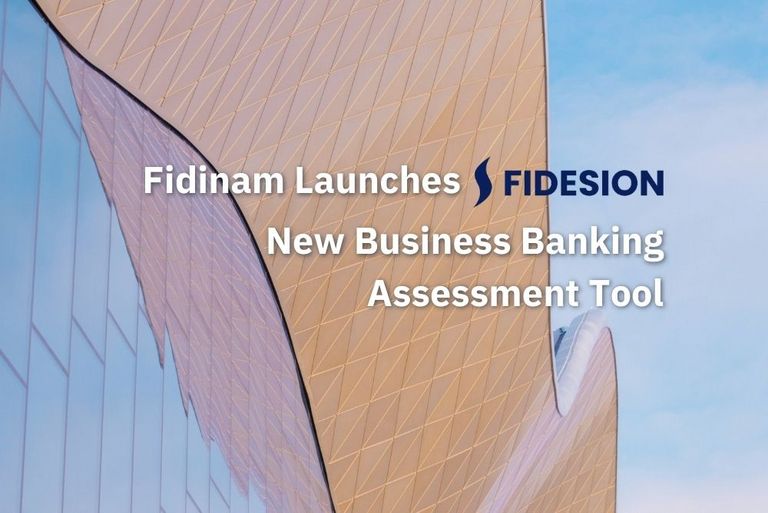Analyses & Studies • Sectors & markets • Foresight • Publications
PwC: Budget Address Commentary: A budget that promptly addresses a wide range of challenges
PwC welcomes one of the widest ranging Hong Kong budgets of recent years. While the Government has had some months to contemplate the impact of global trade tensions and social unrest, the unexpected coronavirus outbreak has added an extra degree of urgency to this year’s package. Financial Secretary Paul Chan is to be applauded for promptly producing a set of budgetary measures that address such a broad range of challenges.
The budget is also an affirmation of the fiscal prudence demonstrated by successive Hong Kong governments in preceding years. The city’s deep financial reserves have enabled a response that is unprecedented in both scale and scope.
Visit PwC’s dedicated website for full analysis on the Budget Address
The one-off measures contained in this year’s budget mean that the deficit will jump to HK$139bn. The underlying deficit (i.e. without one-off measures) of roughly HK$59bn is forecast to decline to HK$7.4bn by 2024-25. The persistence of budget deficits is due to costs rising faster than the 2.8% trend growth rate in tax revenues assumed for 2021-24. This underlines the need to identify new sources of revenue in the medium term.
The Government’s strategy to grow tax revenues must include measures to attract new businesses to set up in Hong Kong. Such measures will need to be closely entwined with efforts to attract top talent. While this issue is raised in the Budget speech, we would like to see more detail around how these efforts will be put into effect. PwC believes that an integrated ecosystem of measures is required to attract and retain talent – something much more sustained than one-off tax breaks or internship schemes.
PwC welcomes a renewed focus on the Future Fund outlined in the Budget speech. While returns in its first three years of operations (4.5%, 9.6% and 6.1%) were relatively modest, this is a positive new direction for the Government. It is hoped that the consultations outlined by the Financial Secretary will result in stronger performance in the medium term. An illuminating comparison can be made with Singapore, where the returns from its invested reserves are the largest contribution to the government revenue.
Hong Kong’s critical role as a bridge for international investors seeking to invest in Mainland China and as an offshore RMB pool has been further cemented in the Greater Bay Area Outline Development Plan. PwC believes that the proposed Wealth Management Connect scheme can be a major boost to the development of the GBA vision. We would encourage the Financial Secretary to prioritise its implementation.
The Budget contains a range of other measures designed to boost Hong Kong’s financial services sector. Notable among these are the waiving of stamp duty for ETF market makers and boosting the issuance of green bonds. Of potentially greater significance are proposed tax concessions on carried interest to encourage the setting up of private equity funds in Hong Kong. We are sure that a swift end to the uncertainty that has hung over this issue will be greatly welcomed by the industry.
This points to one of the central challenges raised by this year’s Budget speech – there are a wide range of new initiatives designed to stimulate virtually every area of Hong Kong’s economy. The critical next step is to ensure that these initiatives are implemented quickly and effectively.
During Hong Kong’s last major public health emergency (SARS in 2003), the Government’s reserves declined to 11 months of expenditure. We find ourselves in a stronger financial position this time, as reserves are forecast to decline from 22 to 15 months of expenditure between the end of this financial year and 2025. Hong Kong’s reserves – built up over years of fiscal prudence – make the territory almost uniquely positioned to bounce back from economic shocks such as the one we are currently experiencing. Our situation would be considerably more serious without such a buffer.
Given this, it is essential that the Government continue to prioritise measures that protect businesses already in place while also attracting others to establish here. PwC has established a taskforce to look at incentives that could attract multinationals to establish regional headquarters in Hong Kong, along with other recommendations to boost the economy. Growing the city’s income base will be a lengthy process requiring concerted cross-departmental effort. But a revitalised economy can be achieved if all parties work together to leverage Hong Kong’s inherent strengths. This justifies a positive view of the economy over the medium term.










